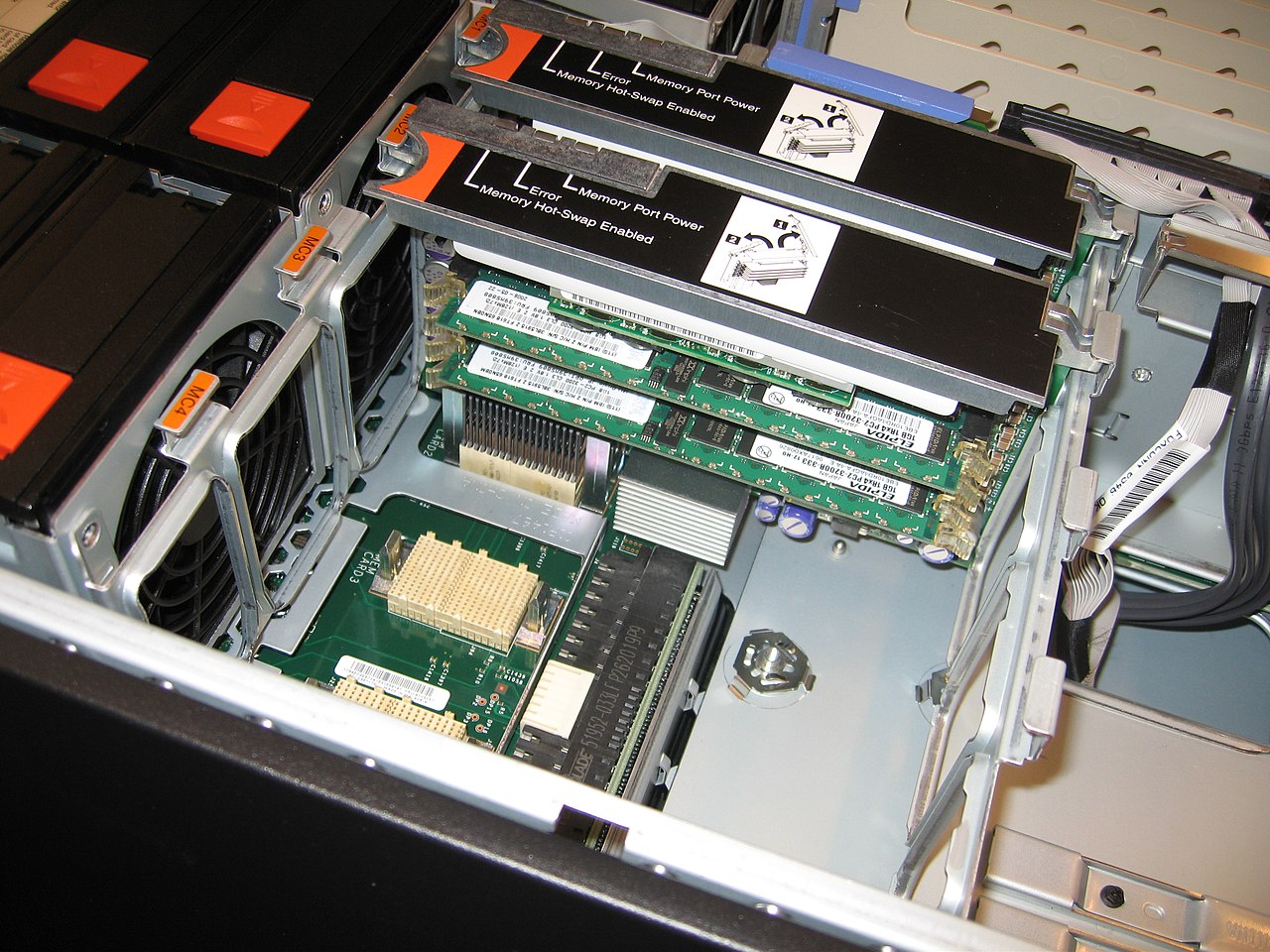
If you are looking for a server in a provider of this type of service, before launching yourself for an offer you should know what a virtual private server is, what are the advantages and disadvantages of this type of server compared to other types, as well as how it could affect your website hosted on this VPS.
This way you can get the choice right, obtain a good service that you do not regret and, most important of all, obtain the best results in your business or project of any kind. And it is that, many simply focus on the advantages of a VPS from the point of view of administration, but… how can it help or hinder a website?
Types of server services
First of all, it is important to know what are the types of services that you can come across when you analyze the providers that you have at your fingertips:
- Shared or shared: It is a physical server that shares its resources with several users. That is, making a simile, it is like a shared apartment. At the cost of getting a cheaper service, you give up being able to get better benefits and management possibilities.
- Elastic or elastic: It is becoming more and more popular, and it is a service capable of scaling, without limits. With it you can start with a small website and scale if the traffic and resource needs increase.
- Dedicated: the dedicated one is the opposite of the shared one, that is, you buy a server or rent it in a data center. In other words, continuing with the simile, it would be like buying a flat for yourself, which implies greater decision-making and control. It can be recommended for companies, since it is more professional, but also more expensive.
- VPS (Virtual Private Server): something intermediate to dedicated and shared. More information, see next section.
- Cloud or cloud hosting: It is similar in some ways to traditional hosting, but will use multiple servers simultaneously. This is to improve performance, have a better load balance, and improve availability in case one of them fails. It may be a good idea for professional use, although it is expensive.
What is a VPS server?

If you are wondering what is a virtual private server, the VPS (Virtual Private Server) it is nothing more than a server just dedicated to you, a virtual partition of a real physical server that is in some data center. In other words, this VPS is a virtual machine created on a physical server and that has its network, vCPU, vRAM, and storage, as well as the operating system and other necessary software.
In this way, each client of these services will have a standalone system, without the faults or problems of others interfering in any way with yours. It can even be formatted, reinstall the OS, restart, etc., without affecting the rest of the VPS with which you share a physical server. On the other hand, the user may have privileged access.
So you can have a server with a price and benefits that would be between a shared server and a dedicated server. And in the eyes of the user it will not differ from a physical server, much more with the new technologies to accelerate virtualization.
Applications
If you are wondering why do you need a VPS server, the truth is that it can cover the following cases:
- It can be used as hosting for your website with high resource demand and great flexibility needs.
- To host a database.
- As an isolated software development system, that is, as a sandbox.
- To deploy corporate tools.
Types of VPS servers
VPS servers could be cataloged taking into account different parameters, however, the one that interests us the most here is according to their administration. In this sense we can find services of two types:
- unmanaged: aimed at more expert users or those who need more flexibility when managing the VPS server. The user will be in charge of the administration, the service provider only provides the VPS infrastructure. If something happens, it will be the user who is in charge of correcting bad configurations, attacks, technical problems, etc.
- Managed: The managed VPS servers they can be perfect for inexperienced users who don't want the hassle of system administration, or want better productivity by letting their service provider do the administration.
As you can see, there is no one better than another, but everything it will depend on the needs of each user.
Advantages and disadvantages of a VPS
If compared to a shared server, VPS servers have various advantages highlights:
- Stability, since any problem with other VPSs does not interfere with yours.
- Security, since an attack on other VPSs on the physical server would not affect your VPS.
- Root access for maximum control.
- Maintenance without complications and with technical assistance.
- Possibility of climbing if necessary.
- And if it is administered, the administration does not fall on the user or client of the service.
But also has Some disadvantages compared to other types of services, such as shared:
- Price higher than shared.
- Need for higher technical knowledge if unmanaged.
How to choose the best VPS server
Lastly, if you want choosing a good VPS service managed, you should look at some features to get the one that best suits your needs:
- employee: it is important to take data protection into account, even more so in these times. Therefore, the ideal is that the server is in European territory, and much better if it is a European company. In this way they are governed by GDPR / RGPD.
- Ressources: In this case, it's like choosing a PC, selecting the hardware configuration you need, i.e. CPU, RAM, HDD/SSD storage, network bandwidth, etc. This will depend on the needs of each one.
- Limitations: It is very important to carefully read all the limitations of the service you are about to acquire. And it is that some impose limits on data transfer, bandwidth, etc. If so, check that they are high enough not to affect your site. On the contrary, if you are more demanding, there are unlimited services.
- Additional Services: It is also important to choose those services that offer some extra possibilities or functions as part of the contracted plan. For example:
- Ability to choose operating system.
- CMS self-installation services (Worpress, Blogger, MediaWiki, Moodle, Magento, PrestaShop, osCommerce, ownCloud, NextCloud, Drupal,…).
- Backup copies.
- SSL/TLS certificates for HTTPS.
- Email service.
- Own domain registration.
- Technical support: do not forget that when a problem arises, if the service has a good technical service you will not be alone. It is important that the provider has assistance in Spanish, by different means such as chat, email, and contact telephone, in addition to offering 24/7 assistance, to assist you whenever you want.



I think the line of concepts is excellent; My sincerest congratulations.